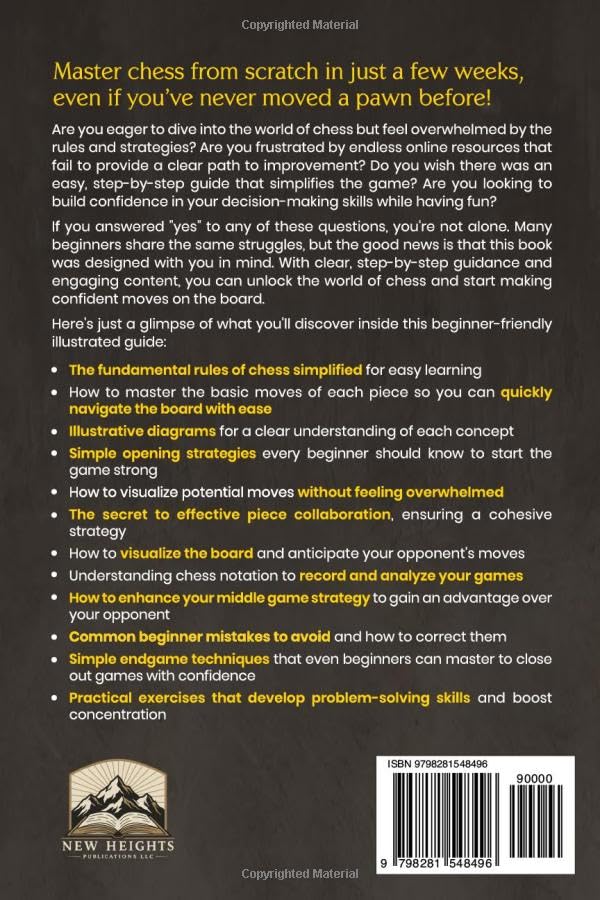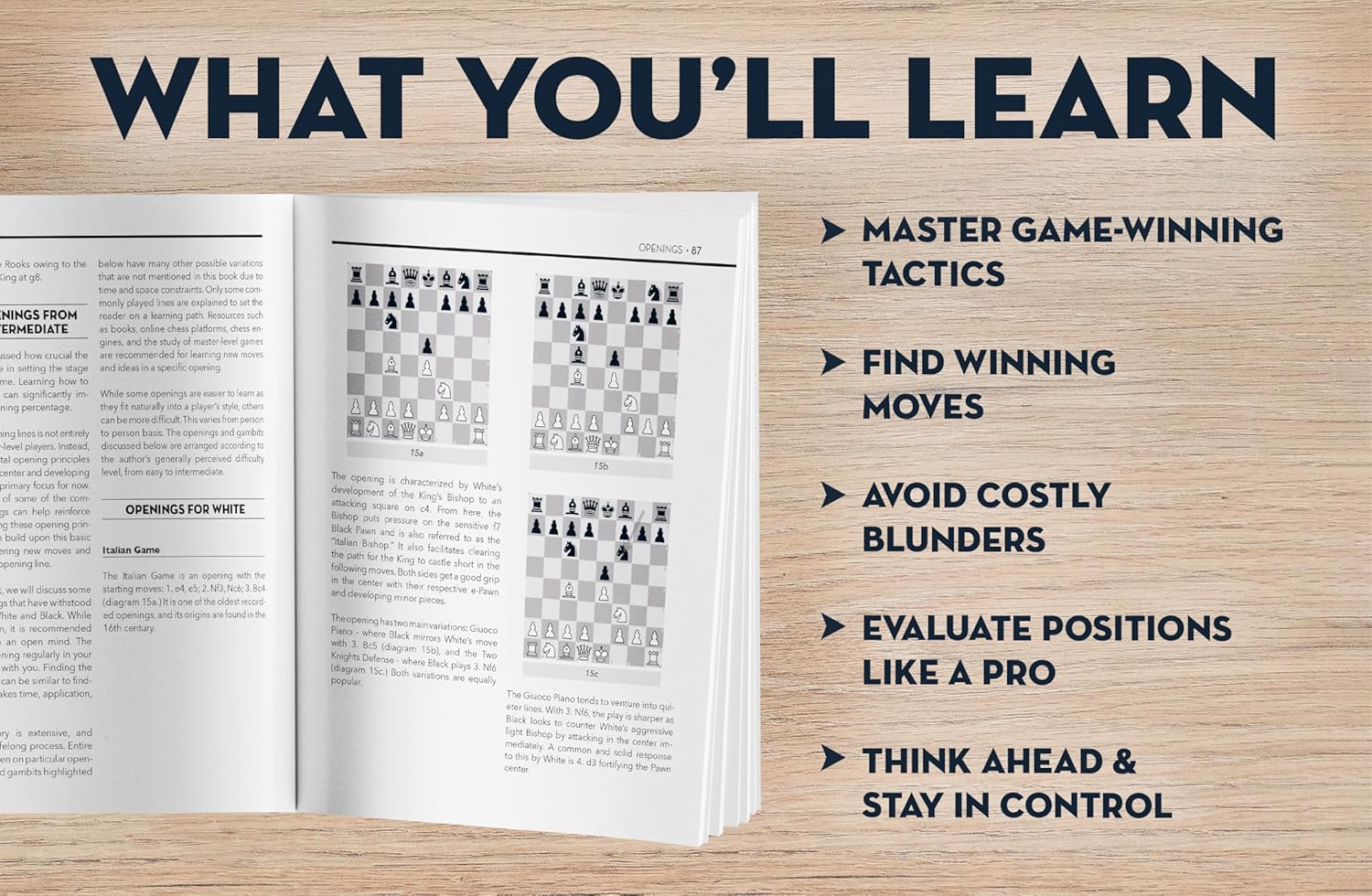Endgame Fundamentals: Converting Advantages to Wins
ChessReviewPro Team
August 3, 2025
19 min read

The Decisive Phase: Why Endgame Mastery Wins Games
While openings establish position and middlegames create complexity, endgames determine results. Approximately 68% of competitive games reach endgame phases where precise technique separates winners from drawers. This comprehensive guide examines the cognitive frameworks and practical methodologies that transform theoretical advantages into tangible victories. We'll explore king activation mechanics, material conversion protocols, and psychological approaches specific to endgame execution.
King Activation Dynamics
The monarch transitions from liability to weapon in endgames through centralized deployment. Optimal king positioning follows three principles: Centralization (occupy the fourth rank by move 40), Opposition mastery (calculate key squares using triangulation), and Pawn-break anticipation. Practical implementation: Calculate 'king activity index' by measuring squares controlled minus tempi consumed. Training technique: Practice king-walk exercises from various board positions against clock pressure.
Pawn Endgame Mastery System
Fundamental pawn endings require mastery of four pillars: Key squares (mathematical domination zones), Opposition types (distant, diagonal, lateral), Zugzwang creation, and Pawn breakthroughs. The square rule provides initial guidance but elite players employ dynamic calculation: Evaluate pawn structure vulnerabilities, calculate tempi requirements, and identify candidate moves. Practical framework: Before advancing, verify opposition control, reserve tempi, and calculate all possible king paths.
Rook Endgame Conversion Protocols
Positional Dominance Techniques
Rook effectiveness depends on activity level. Implement the ACTIVATE protocol: Active placement (seventh rank dominance), Connected pawns targeting, Tempo conservation, Invasion points creation, Vulnerable pawn identification, Endgame tablebase consultation, and Transition preparation. Statistical analysis shows rooks behind passed pawns win 83% more frequently.
Practical Implementation Framework
Lucena Position execution requires three-phase technique: Building the bridge (rook lifts), King sheltering, and Pawn advancement timing. Philidor Defense countermeasures employ the third-rank defense with precise checking distance. Modern refinement: When defending, create perpetual threat scenarios to drain opponent's time.
Minor Piece Endgame Nuances
Bishop Endgame Strategies
Bishop effectiveness depends on pawn structure correlation. Opposite-colored bishop scenarios require aggressive pawn breakthroughs despite material equality. Same-colored bishop endings demand precision: Create passed pawns on the correct color complex, restrict enemy king, and utilize zugzwang. Practical tip: Calculate 'bishop mobility index' (squares controlled minus blocked pawns).
Knight Endgame Principles
Knights excel in closed positions through outpost domination. Key techniques: Knight vs pawn calculations (three-pawn rule exceptions), Dominated knight recognition, and Tempi management. Critical concept: The 'knight's journey' - calculate optimal routes to key squares before committing pawns.
Conversion Psychology Framework
Winning technically won positions requires specialized mindset: Implement the DECIDE protocol - Dispel result anxiety, Evaluate concrete variations, Calculate to quiescence, Identify progress benchmarks, Determine simplification points, Execute with tempo. Mental traps to avoid: Premature simplification (trading into incorrect pawn endings), Conversion obsession (ignoring opponent counterplay), and Technique paralysis (overcalculation).
Practical Calculation Methodology
Endgame calculation differs from middlegame: Focus on precise move sequences rather than general plans. Employ the STEP method: Structure evaluation (pawns first), Tree mapping (candidate moves), Endpoint visualization (final positions), Progress verification (improvement metrics). Calculation benchmarks: Minimum 5-ply depth in quiet positions, 10-ply in tactical scenarios. Training progression: Start with 2-minute endgame sprints, advance to 15-minute deep analysis sessions.
Material Conversion Algorithms
Converting advantages requires strategic pathways: Extra pawn: Create passed pawns before activating king. Exchange advantage: Activate rooks on open files. Positional edge: Restrict enemy pieces before material conversion. Time advantage: Create multiple threats to overload defense. Practical framework: Before trading, verify king positioning superiority and calculate resulting pawn structures.
Technique Development System
Build endgame intuition through structured practice: Weekly dedicated endgame training (minimum 3 hours), Focused theme sessions (e.g., rook endings), Error journal maintenance (categorize mistakes), Grandmaster game study (Karpov's technical precision). Quantitative metrics: Track conversion rate of +2 advantages, time usage efficiency, and error frequency by endgame type.
Common Conversion Pitfalls
Elite players avoid these mistakes: Passivity disease (underactivating king), Premature simplification (trading into drawn positions), Progress miscalculation (misjudging tempi requirements), and Pattern blindness (ignoring stalemate resources). Correction framework: When leading, verify three winning pathways before committing to a plan. Utilize safety nets: Always calculate opponent's best defensive resources.
Grandmaster Case Studies: Conversion Mastery
Analyze Karpov's technical precision in rook endings (Petrosian-Karpov 1974), Carlsen's resourcefulness in inferior positions (Carlsen-Karjakin 2016), and Capablanca's effortless technique in pawn endings. Notice commonalities: King centralization before pawn advances, systematic restriction of counterplay, and psychological pressure through incremental progress.
Conclusion: Building Your Endgame Arsenal
Endgame mastery requires systematic study of principles combined with practical application. Implementation strategy: Begin with king and pawn endings, advance through rook endgames, then specialize in minor piece nuances. Track conversion rates monthly focusing on efficiency metrics. Remember: Technical proficiency transforms drawn positions into wins and losses into saves - the ultimate competitive advantage.
Recommended Chess Books & Products
How to Win at Chess: The Ultimate Guide for Beginners and Beyond

Beginner Chess Made Easy: Illustrated Guide to Rules, Strategies & Confident Play


The First Chess Book You Should Read: From Beginner to Intermediate







Bobby Fischer Teaches Chess

Share this article with fellow chess enthusiasts!